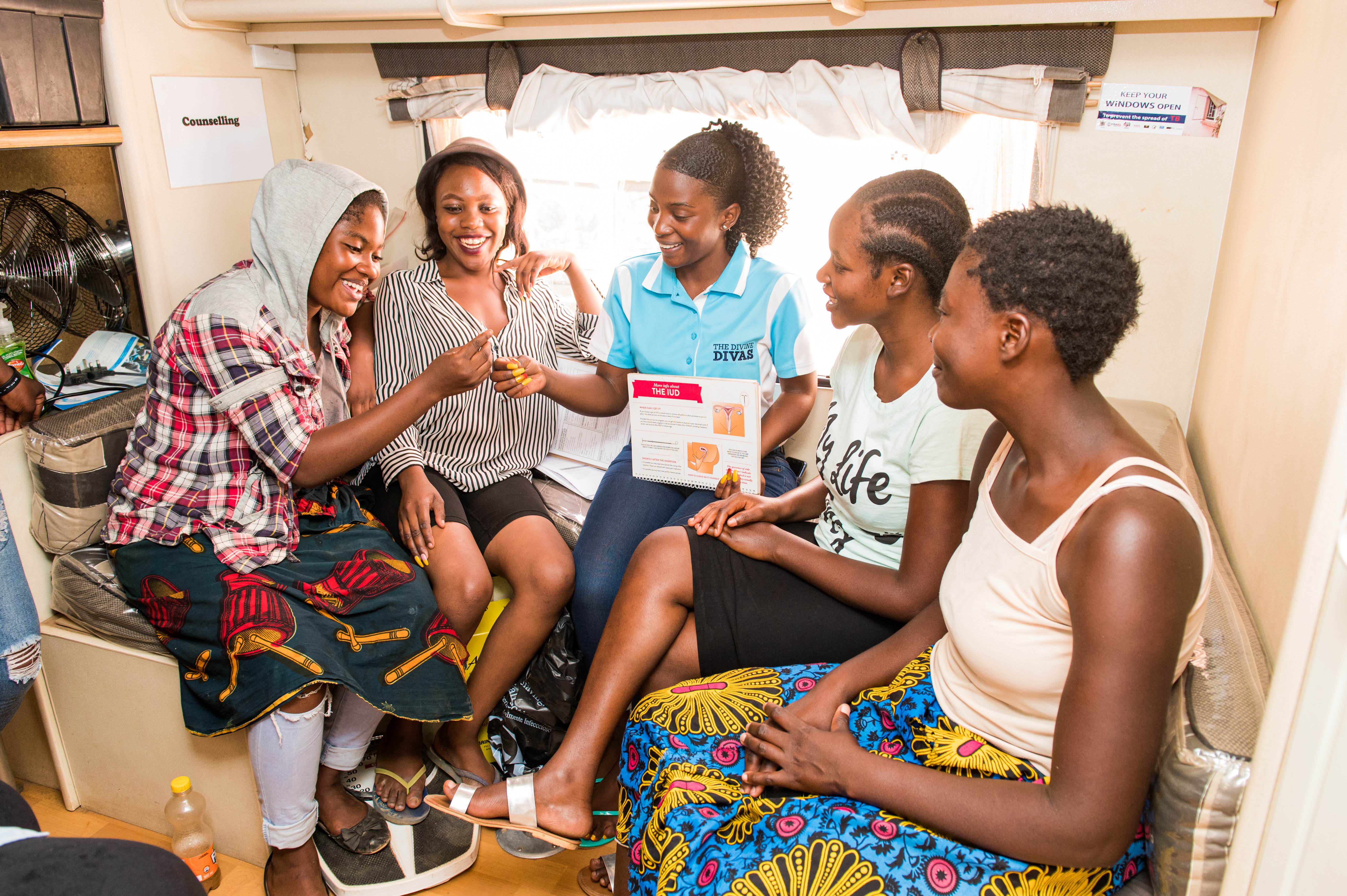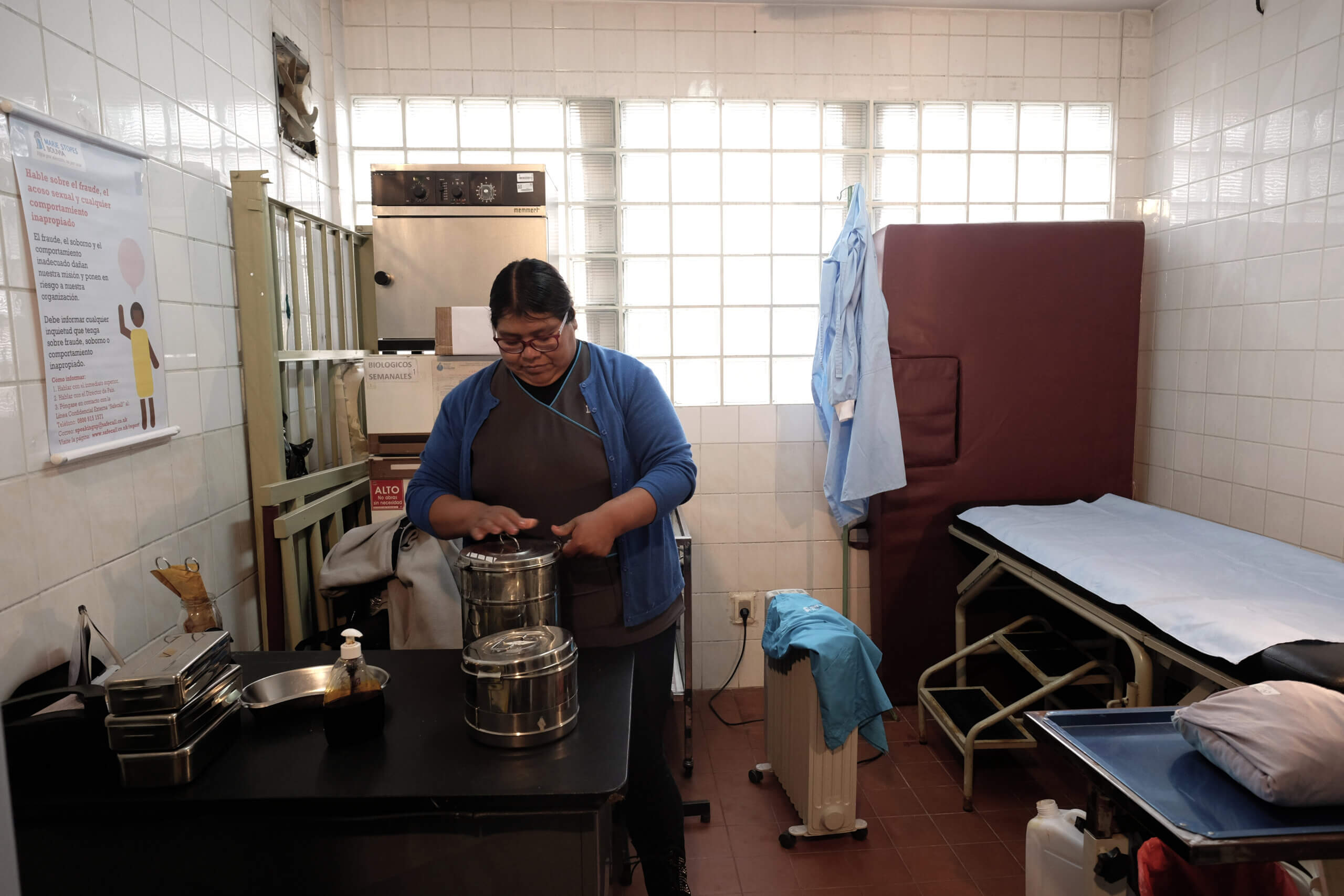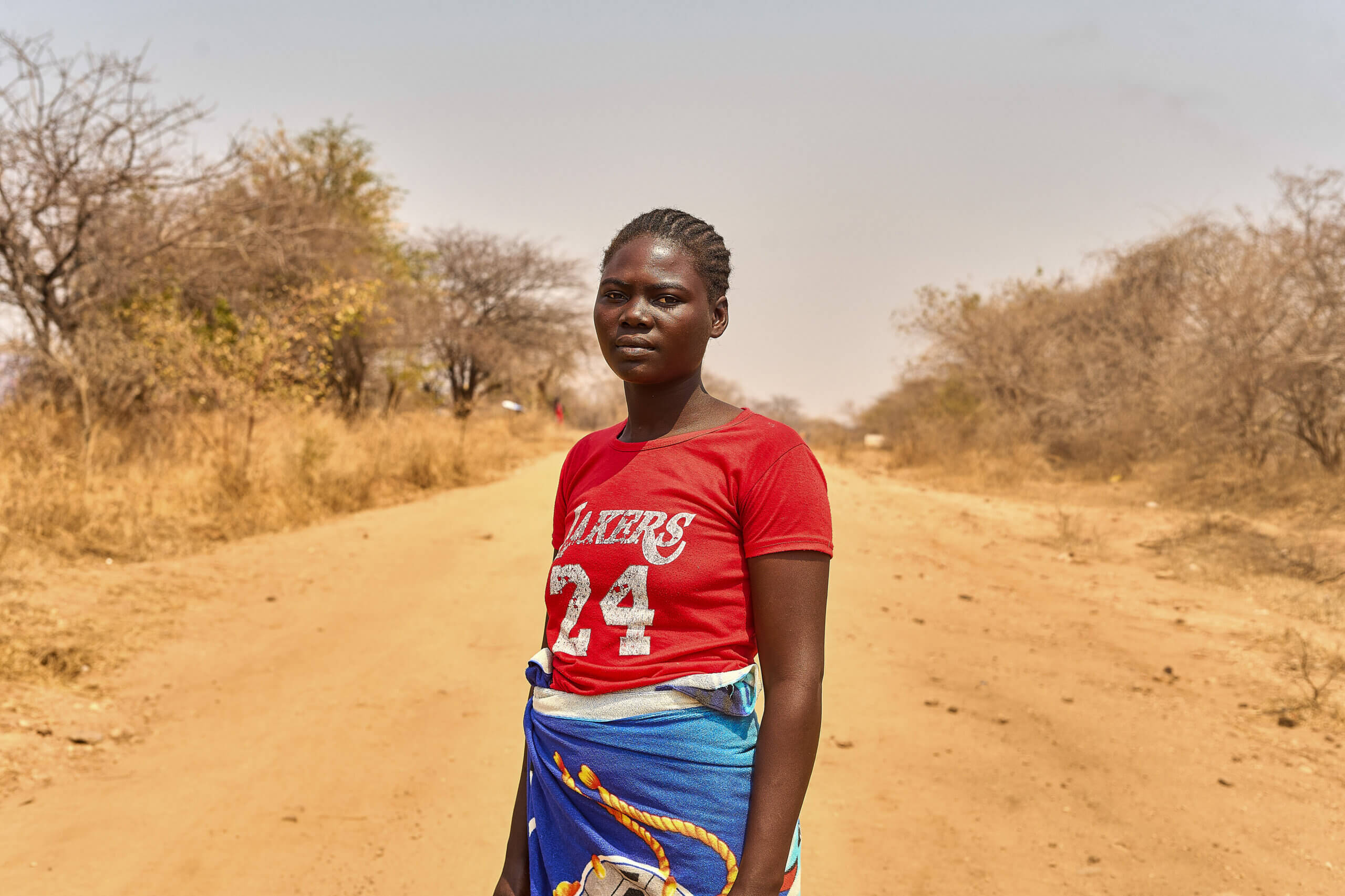MSI celebrates milestone in humanitarian response
The World Health Organization has published its blueprint of high-priority health services when responding to humanitarian crises, including the provision of sexual and reproductive healthcare.
WHO’s H3 Package, the High-Priority Health Services for Humanitarian Response, defines priority health interventions that need to be delivered during the stabilisation, recovery, and protracted phases of humanitarian crises. The H3 package outlines the minimum health services to be provided and at what level they need to be available – either community, outpatient, first level hospital, or second level hospital. This will act as a blueprint for organisations responding in crises and humanitarian situations and provide them with the steps to most effectively support the health and wellbeing of those affected.
The package has been designed by the WHO, the Global Health Cluster, and various INGOs, including MSI. Sonja van Reede, MSI’s Global Humanitarian Lead, represented the organisation in these discussions and highlighted the importance of access to contraception and abortion care in crisis situations. Her work successfully resulted in its inclusion in the package and demonstrated MSI’s important role in humanitarian response to partner organisations.
The package details a range of sexual and reproductive health services, including that male condoms can be distributed by, and must therefore be available at, community level, whereas tubal ligation needs to be provided at a primary care hospital. It also makes provision of long-acting and reversible contraceptives and emergency contraception mandatory to ensure that people have access to a choice of contraceptive methods. The H3 package also outlines best practice for the provision of abortion care.
Dr Dhammika Perera, MSI’s Global Medical Director, supported the initiative by reviewing the guidelines laid out for sexual and reproductive healthcare provision and ensured that these met MSI’s high-quality standards from our experience working in humanitarian settings.
We’re really proud of this work, which will result in women and girls in crisis having greater access to contraception and abortion care.






